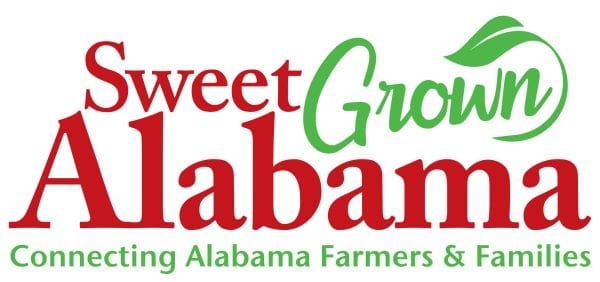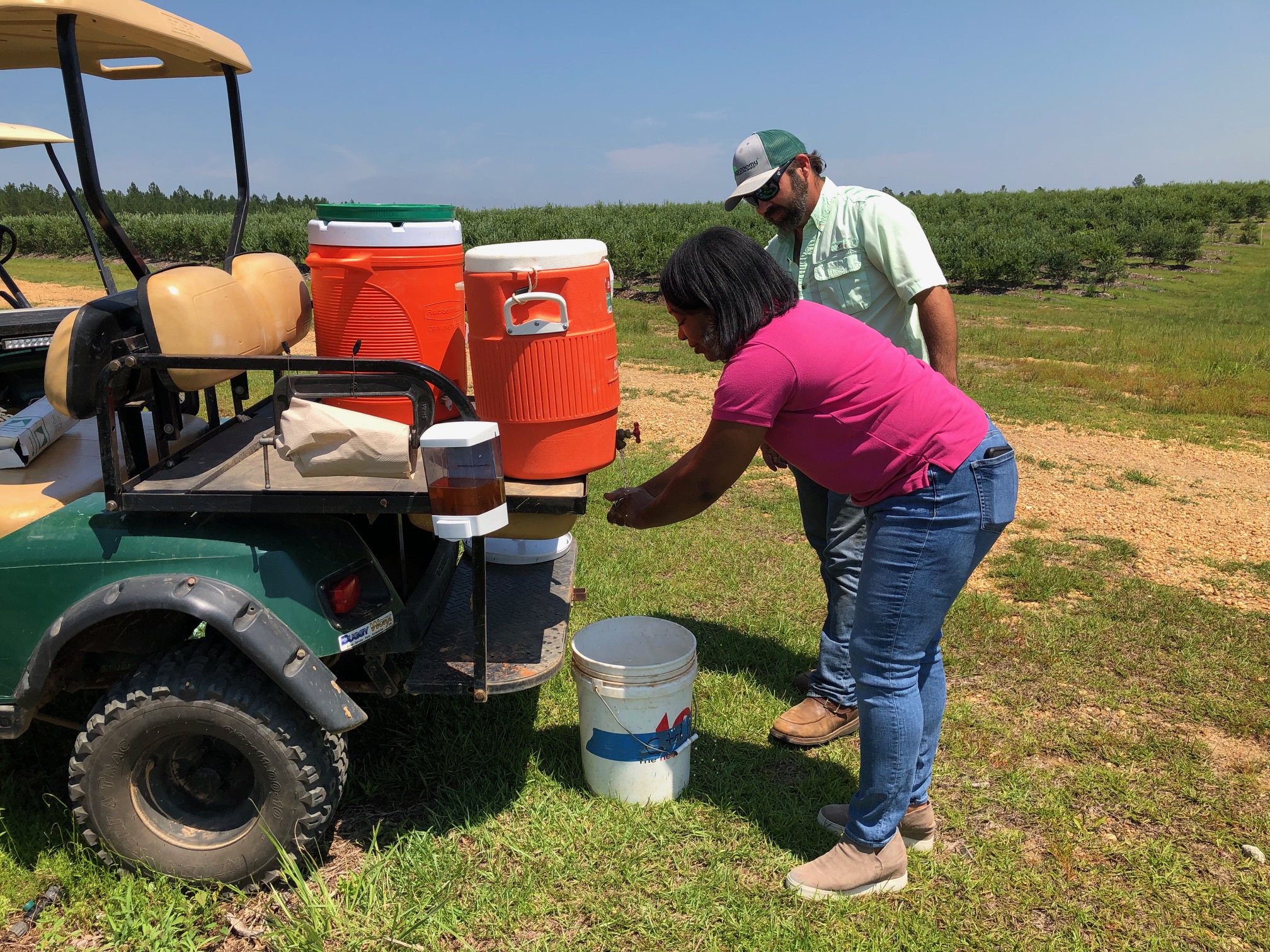Food Safety

Benefits of Produce Safety Training
Produce safety training is not just about produce safety. Implementing practices required by auditors in addition to produce safety training are barriers to scaling up production and expanding market access.
Some of the benefits of produce safety training include:
- Expanding markets can reduce market risk and improve farm economic sustainability
- Developing a cold chain can reduce losses due to spoilage
- Using sanitizers can improve quality and shelf life
Most importantly, produce safety training makes Alabama grown produce as safe as possible for the local community.
Adoption of these practices will build consumers’ trust and boost the sales of local produce.
Many Different Types of Training to Meet Specialty Crop Grower Needs
Alabama Extension offers a variety of training to meet the needs of specialty crop growers.
- Enhancing the Safety of Locally Grown Produce is a 2- to 4-hour course dedicated for direct market growers with a separate component for market managers. The course covers basic concepts of good agricultural practices (GAPs) – using water safely, assessing environmental hazards, using manure, keeping things clean, and washing hands.
- Produce Safety Alliance Grower Training is the FDA recognized training to meet the requirements of the Food Safety Modernization Act (FSMA) Produce Safety Rule (PSR). This course includes 8 hours of training that can be completed in one day or spread out over multiple days. Topics covered in the course include: worker hygiene, training, safe uses of water for fresh produce production and packing, soil amendments, risks from animals, and sanitation of tools and equipment. Participants attending the entire course can receive a certificate of attendance from the Association of Food and Drug Officials to meet regulatory requirements. Even though the course is mandatory for growers that are covered by the PSR, anyone that is interested on learning more about produce safety can benefit from it.
- Food Safety Plan Writing training is offered yearly for groups, and upon request for individuals. Food safety plans are not a requirement
for the PSR, but a plan is required to pass several food safety audits. This course provides examples and templates to get you started on the right path. Participants can receive a certificate of attendance to help meet buyer audit requirements. - Advanced GAPs training is offered at least once per year on specific topics of interest to specialty crop growers. Participants can receive a certificate of attendance to help meet buyer audit requirements.
- Packinghouse HACCP (Hazard Analysis and Critical Control Points) is a 3-day course for growers and packers who have buyers that require this advanced training. This course teaches participants how to develop and document a food safety management program based on the principles of HACCP. Participants receive a certificate accredited by the International HACCP Alliance.
More Than Training
In 2016, the FDA put the FSMA PSR into effect. The PSR subjects Alabama growers to inspection by the Alabama Department of Agriculture and Industries (ADAI). Alabama Extension is partnering with the ADAI to prepare farmers to meet the food safety standards set by the regulation. In addition to training, we are offering On Farm Readiness Reviews to help ensure all our growers are ready for potential inspections. This program offers mock inspections to growers providing valuable feedbacks prior to real inspections.
Small Growers May be Exempt from the PSR
Growers that have sold less than $28,075 in produce on average over the last three years are not covered by the PSR. For those with larger sales, many exemptions apply. The ADAI has a wealth of information in their website including a form to help growers determine if they qualify for an exemption and register the exemption with ADAI. Download a flowchart from the USDA to help determine small grower exemption status.
More Information
The best way to find out about currently available training is to sign up for the Alabama IPM Newsletter or check the Alabama Extension calendar. Your local Commercial Horticulture and Food Safety Regional Extension Agents are also great points of contact and sources of produce safety training information.


